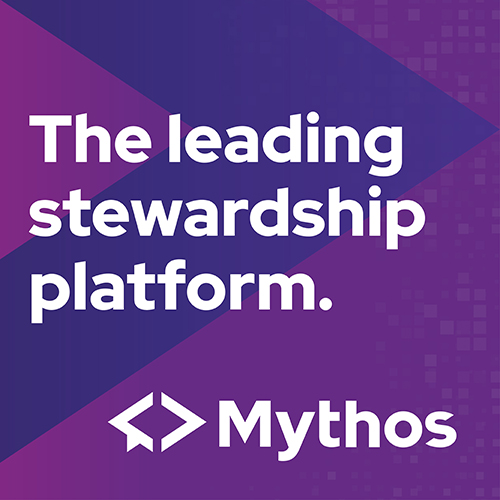- About
- Membership
- Resources
- Partner
- Events
- Awards & Scholarships
2023 ADRP NEMA Regional Session DetailsView The Full ProgramKeynote: Inspired and Inspiring: Discovering How to Tap into Your Strengths (Presentation) (Handout)
Catherine Koverola, Ph.D.As a donor relations professional, you enter the field passionate about making a difference in the world. Inspired by the missions of the organizations you serve and inspiring others to engage philanthropically, you have a phenomenal positive impact on the lives of others. Yet in this post-COVID reality, the struggle is real—doing more with less, toxic work environments, health and mental health issues, grief, and loss. So how do you stay “inspired and inspiring” in this increasingly challenging world we all navigate? Drawing on decades of experience as a clinical psychologist, educator, executive leader, and outstanding fundraiser, our keynote speaker Catherine Koverola will guide you through a process of self-assessment that provides powerful insights and tools to tap into your strengths. You will learn that it is not about working harder and digging deeper, but rather, about understanding the complexities you face and knowing how to effectively engage your unique strengths to advance your outcomes. No matter the situation, our strengths are there for us. Catherine Koverola is a psychologist and higher education executive leader with a lifelong commitment to supporting the health, wellbeing, and education of others on a global scale. She has over 30 years of private practice and consultation experience and progressive leadership that includes serving as dean, provost, and university president. Her expertise also includes executive coaching and leadership development; fundraising; culturally relevant program development; facilitating organizational change in support of diversity, equity, and inclusion; and successful start-up launches. Her experience encompasses life and work on three continents and embodies a well-honed intercultural wisdom within practice. Breakout SessionsBreakout Sessions IEvery Donor has a Story (Presentation)Kathryn Munro, Executive Director, Recognition and Stewardship, Dartmouth CollegeA critical goal of our work is understanding why individuals and organizations support our institutions. What inspires them to invest? Why now? Early in its $3.5 billion+ campaign The Call to Lead, Dartmouth instituted a simple, effective strategy to collect donor sentiment through the "Why I Give" webpage. This site not only enabled donors to share what inspires them by telling their stories, it has resulted in unexpected benefits. Learn the "how" (simple form technology through online giving, simple web design) and the "why" (moves donation from transactional to personal, gives donors an opportunity to feel seen, helps track motivations and tailor solicitations, gold mine for stories for marketing). Track: Creativity You will:
Unlock your potential: Master Unstuckness (Presentation)Eileen Bastien, Senior Director of Stewardship and Donor Engagement, Seton Hall UniversityFeeling stuck in your career? Don’t know what your next step should be? Unsure about where to go or how to get there? Unlock your potential! “Master Unstuckness” provides practical tips and strategies to help you as a donor relations practitioner overcome feeling stuck in your career. This highly interactive presentation delves into six strategies for mastering unstuckness. You’ll receive real-world examples and actionable steps, emphasizing mindset and dedication. By mastering unstuckness, you can achieve greater fulfillment in your work and life. Track: Leadership You will:
Acknowledgments Made Easy (Presentation)Debbie Meyers, Writer/Editor, Rutgers University FoundationDoes thanking your donors seem like a thankless task? Is it painful to draft acknowledgments from your leadership? Are your letters boring and rote? Let's take the "ack" out of acknowledgments. Learn how to make your thank-yous more authentic, creative, and easy to write. In this workshop, we'll talk about making your letters donor-focused, who should sign, what formats you can use, and other acknowledgment basics. We'll also talk about a formula to use to overcome writer's block when you put virtual pen to paper. Track: Skill Building You will:
Breakout Sessions IICan You Feel It? Using the Experience of Physical Spaces to Celebrate Community (Presentation)Anne Manner-McLarty, HeuristaPlacemaking is an urban planning concept that relies on a crafted experience of the physical environment to foster positive associations between the place and the community or organization with which that location is associated. Placemaking entails integrating the values and character of a community and designing architecture, landscape, signage, and experiences that are aligned with the culture of the community. Nonprofits can use placemaking to celebrate and encourage a culture of philanthropy and build understanding and affinity for their missions. Delbarton, the Morristown, New Jersey campus of St. Mary’s Abbey and the Delbarton School, will be a case study for applicating philanthropic placemaking principles. Track: Creativity You will:
From Newbie to Mid-level to Seasoned Veteran: Career Phases (Presentation)Roberta O’Hara, Head of Global Development, OneSkyRachel Griffin, Associate Director, Stewardship, UConn Foundation, Inc.Julianne Tarrant, Donor Relations Coordinator, Hackensack Meridian Health FoundationModerator: Debbie Meyers, Writer/Editor, Rutgers University FoundationYour career path is guaranteed not to be a straight line. Ups and downs, curves, and twists. What’s the best advice someone could give me right now about my career trajectory? Should I stay or should I go? Stay in the field or move to something else? What can I do now to prepare for that next move? All these questions and more are fair game at this panel discussion, support group, therapy session, for donor relations practitioners at any stage of your career. Come with your questions and get some answers. Track: Leadership You will:
Establish and Leverage Metrics for Growth – Yours and Your Organization’s(Presentation)Kelly Brennan, Senior Director, Philanthropic Perspectives and SolutionsIf you want to learn to establish and leverage metrics for yourself or your organization, this interactive session is for you. Understand the best practices of what, when, and how to leverage or present metrics for your career development or your organization. Participants will choose one of several action teams and strategize the best approaches for case study scenarios. Action teams will offer their solutions to the group. Participants are encouraged to submit real-life scenarios for consideration to [email protected] before the conference. Track: Skill building You will:
Breakout Sessions IIIUNSESSION: Donor Relations—Past, Present, and Future (Presentation)Cheryl Smith Lintner, Executive Director of Donor Relations, Hackensack Meridian Health FoundationKelly Brennan, Senior Director, Philanthropic Perspectives and SolutionsWe want to hear from you! Join us for an all-industry, audience-driven Unsession. Participants will vote on discussion topics representing the past, present, and future of donor relations. Speakers will introduce each topic and participants can ask questions directly or submit them in writing. This is your chance to hear from your peers and colleagues, to learn how they face donor relations challenges, leverage technology, and function in our post-pandemic world. Come with your thoughts and questions, and we’ll conquer them together. Track: Creativity You will discuss:
Lighten Your Load: Working with Consultants and FreelancersAnne Schmitz, Senior Director of Donor Relations, Stony Brook UniversityAs our digital and virtual worlds mesh with our time-honored tools and traditions, we're reinventing how our acknowledgments, events, and recognition, not to mention adapting to where and how we work. And naturally, we’re expected to do more and better, with no additional staff. To keep your workload manageable and productivity on track, you might want to consider outsourcing tasks with freelancers and getting fresh ideas for efficiency from consultants. This session will show you how to choose what to delegate, what it takes to set things up, and what you can reasonably expect for deliverables and finished products. Track: Leadership You will:
Streamlining Stewardship ReportingCheryl McCloskey, Associate Director of Donor RelationsMeghan Murphy, Graduate Assistant, Donor Relations, Seton Hall UniversityDonor relations teams are stretched thin. We’re expected to do more, with less – smaller budgets and fewer staff, but more and better output. See how our six-person team leveraged existing technology that everyone can access to increase our donor stewardship reporting output by 200% at little-to-no additional cost, freeing up space for more creative project development and innovative stewardship projects. We will demonstrate how to use mail merge to create student scholarship profiles, how to use AI to be a foundation for your written communications, and how this is all done in a budget-conscious way. Track: Skill building You will:
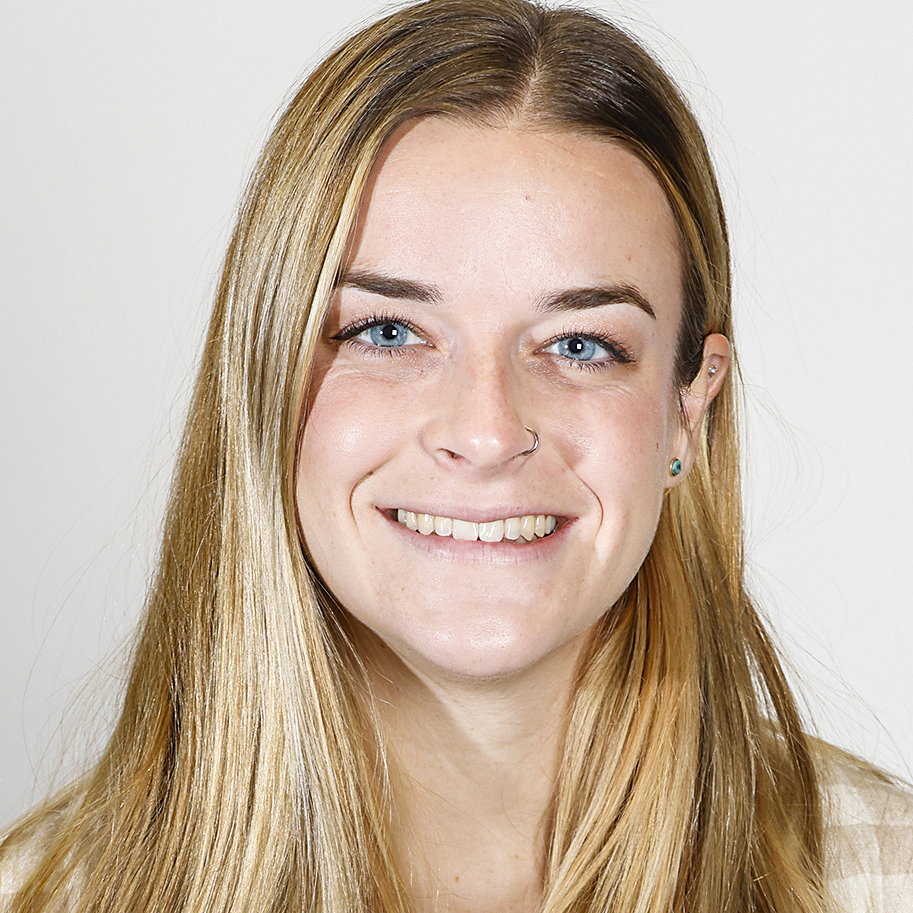
Meghan Murphy will graduate from Seton Hall University this August with a master's in public administration with a concentration in non-profit management. She has served as a donor relations graduate assistant this past year where she focused primarily on scholarship stewardship and streamlining stewardship reporting practices. She also assisted with donor events and creative projects. Prior to this role, she interned in Seton Hall University’s corporations and foundations office where she researched and wrote for grants. In her free time, Meghan enjoys sailing, baking muffins, and spending time on Lake Hopatcong. Plenary SessionThe Best Thing I Learned – A Plenary SessionWhat were your key takeaways from today? What did you learn? What gems are you taking back to the office and implementing immediately? In this interactive session, speakers will give a quick rundown of highlights from their presentations. Attendees will then have the opportunity to share the best things they learned and ask any lingering questions. A perfect way to wrap up the conference! |
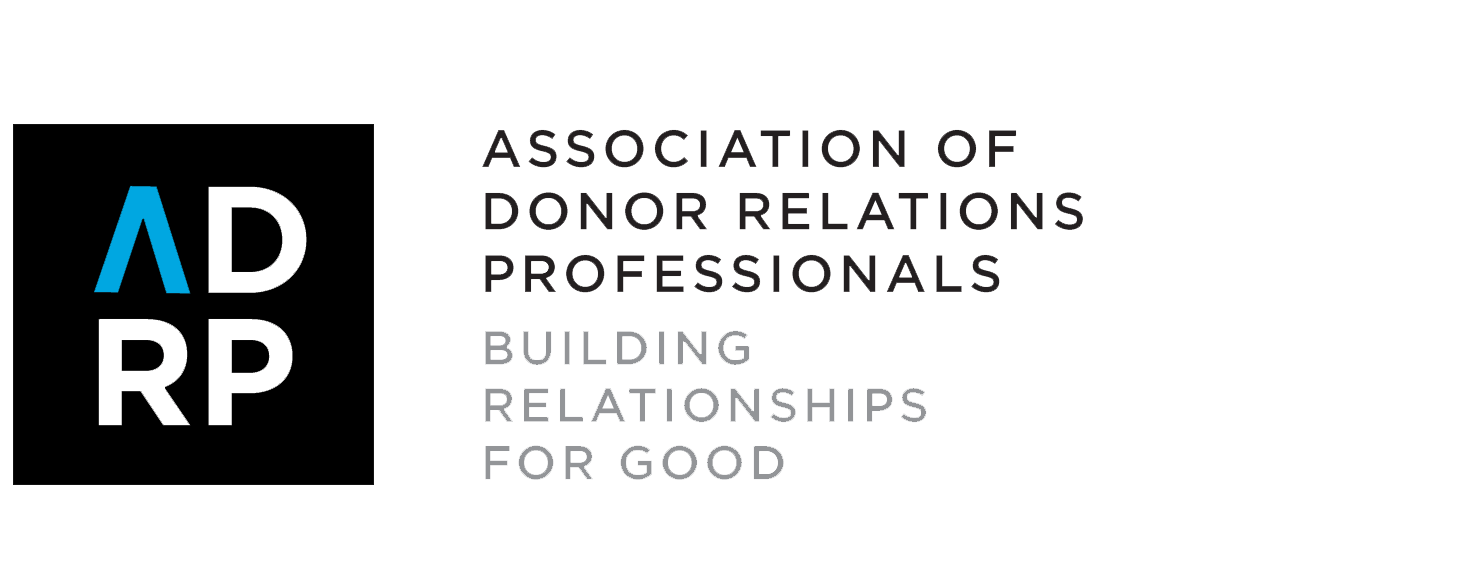

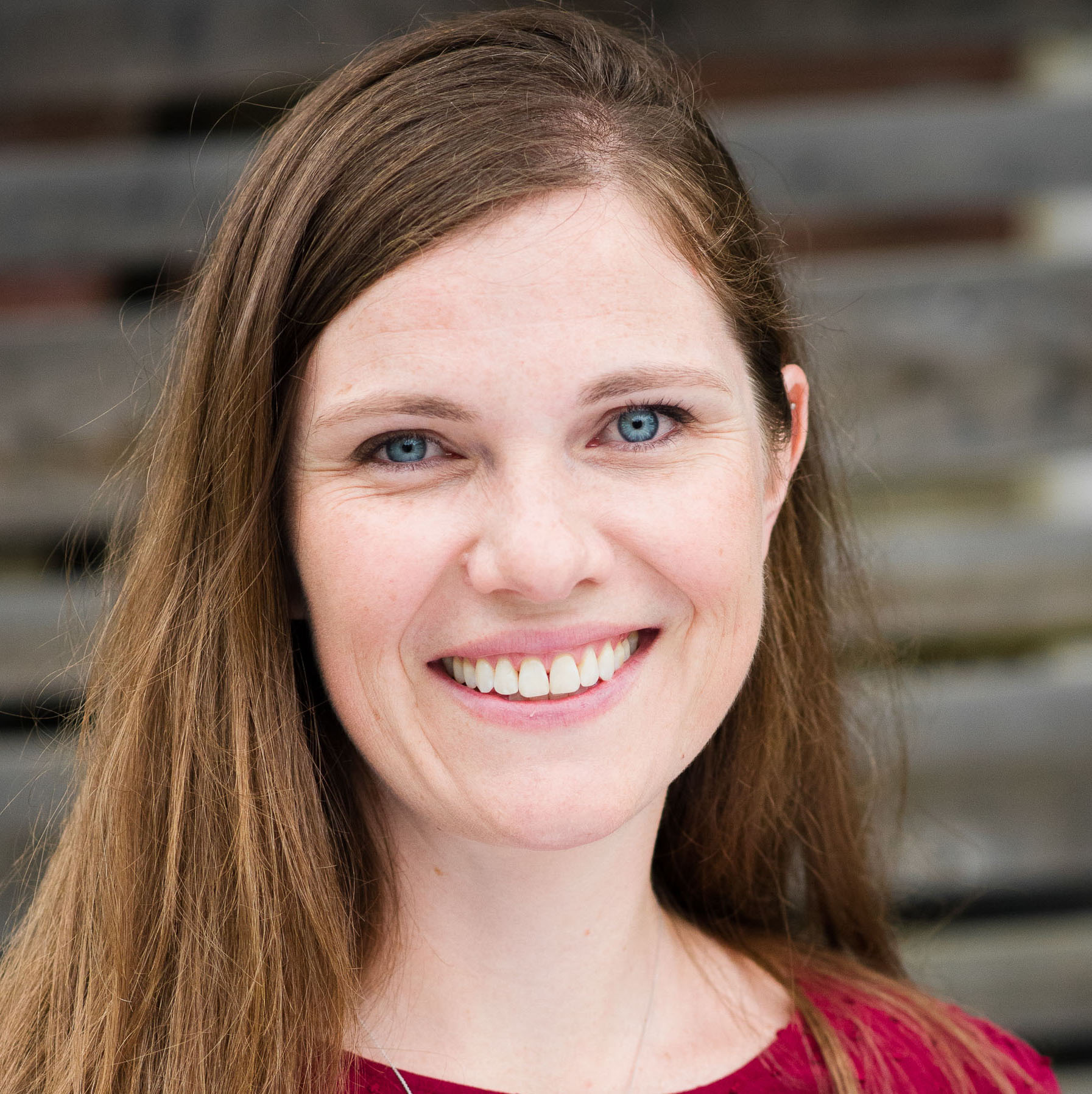 Kathryn Munro leads Dartmouth’s central donor relations team of nine, advancing the institutional approach to recognition and stewardship, to deepen the relationship between donors of all giving levels and the institution. Before arriving at Dartmouth in 2018, Kathryn spent 16 years in advancement at the University of Toronto, during two Canadian record-setting campaigns, where she served as director of principal gifts. Kathryn is passionate about personal and professional development and leads workshops for women based on Tara Mohr's "Playing Big" program. She holds a bachelor’s degree in psychology and religious studies from the University of Toronto, and a certificate in business management from their School of Continuing Studies.
Kathryn Munro leads Dartmouth’s central donor relations team of nine, advancing the institutional approach to recognition and stewardship, to deepen the relationship between donors of all giving levels and the institution. Before arriving at Dartmouth in 2018, Kathryn spent 16 years in advancement at the University of Toronto, during two Canadian record-setting campaigns, where she served as director of principal gifts. Kathryn is passionate about personal and professional development and leads workshops for women based on Tara Mohr's "Playing Big" program. She holds a bachelor’s degree in psychology and religious studies from the University of Toronto, and a certificate in business management from their School of Continuing Studies.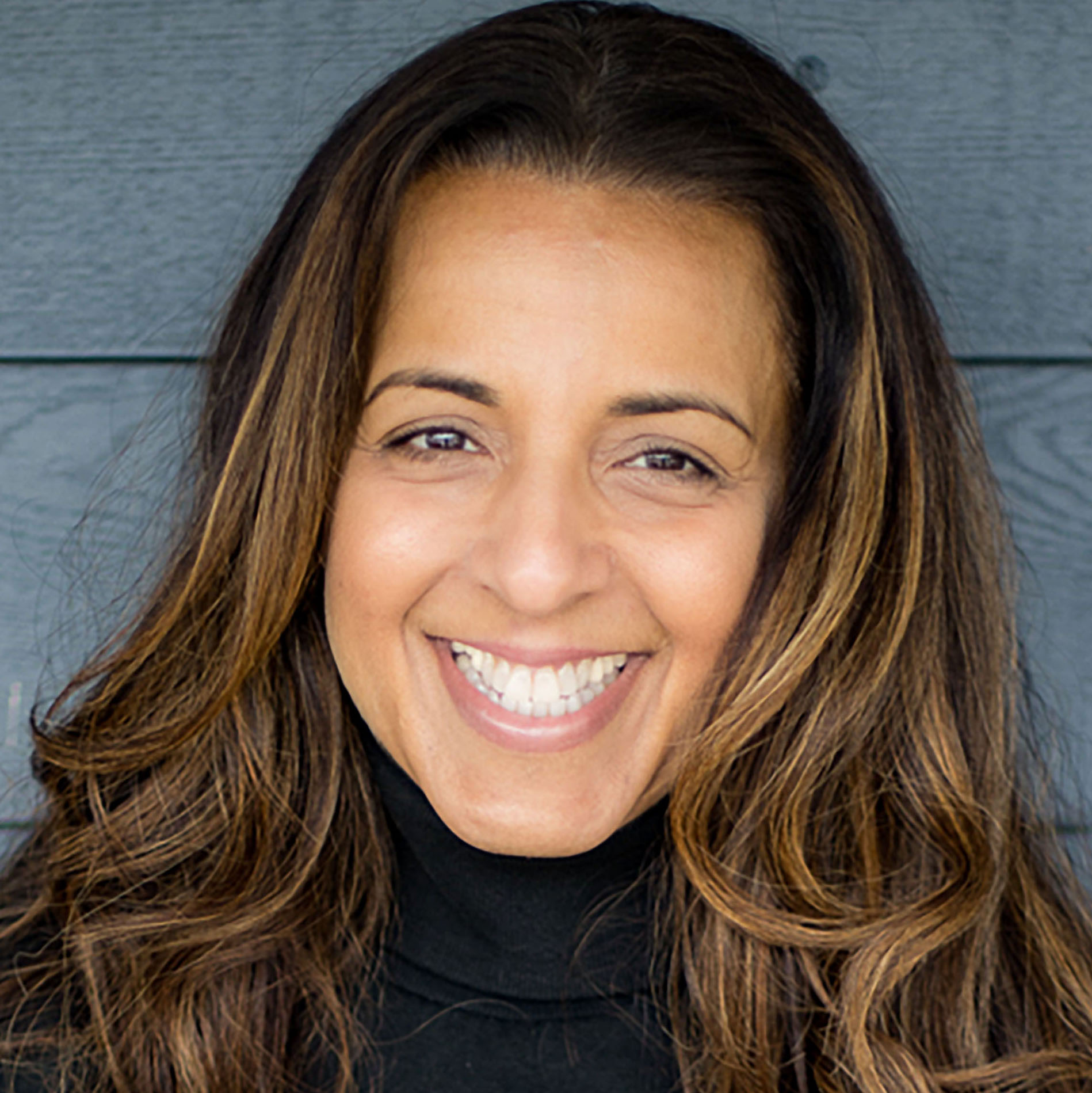 A warm, compassionate advocate for women, Eileen Bastien emphasizes the importance of nurturing relationships to build thriving communities and successful fundraising efforts. A spirited leader, she fosters unity across departments, enabling staff, alumni, and donors to flourish under her guidance. As founder of Mastering Unstuckness, Eileen has created an uplifting webinar series aimed at helping professionals and entrepreneurs overcome challenges in their careers and personal lives. Acknowledging the impact of daily demands on individuals' time and energy, she provides invaluable insights on maintaining balance between professional pursuits and personal well-being. Eileen frequently shares her knowledge on topics such as leadership, self-care, resilience, and mental fitness.
A warm, compassionate advocate for women, Eileen Bastien emphasizes the importance of nurturing relationships to build thriving communities and successful fundraising efforts. A spirited leader, she fosters unity across departments, enabling staff, alumni, and donors to flourish under her guidance. As founder of Mastering Unstuckness, Eileen has created an uplifting webinar series aimed at helping professionals and entrepreneurs overcome challenges in their careers and personal lives. Acknowledging the impact of daily demands on individuals' time and energy, she provides invaluable insights on maintaining balance between professional pursuits and personal well-being. Eileen frequently shares her knowledge on topics such as leadership, self-care, resilience, and mental fitness.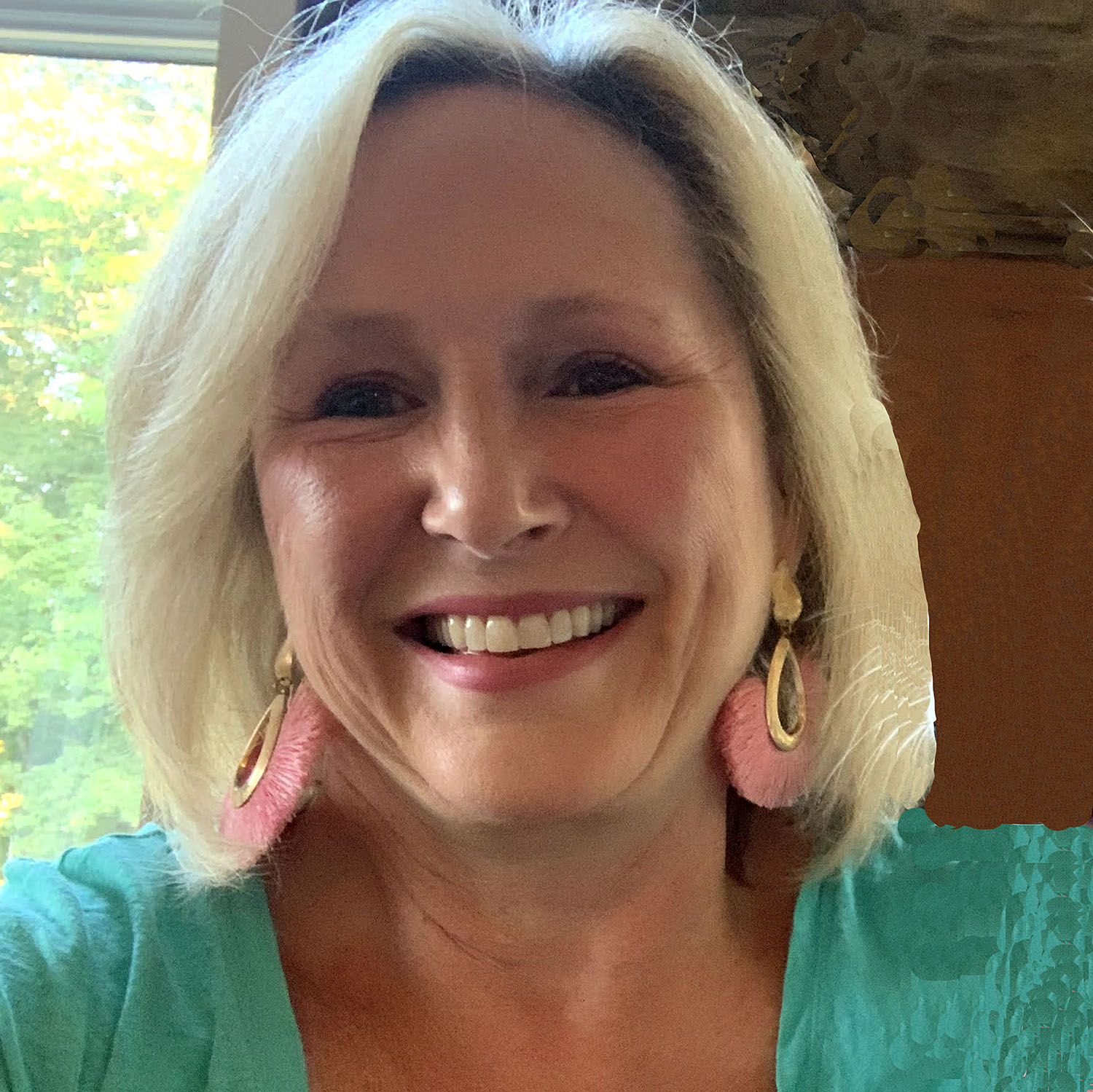 Having worked in advancement for more than 30 years, Debbie Meyers has honed her editorial skills by writing countless acknowledgments, talking points, proposals, gift agreements, and impact reports. She created or enhanced operations, communications, donor relations, and stewardship programs at several major universities, a Catholic high school, an art museum, and a regional health center. An ADRP founding board member, Debbie chaired the international conference in 2011 and has a consecutive streak of presenting at every international conference. She and her former drum major husband live in southwest New York with their three spoiled rescue dogs, Bo, Boo, and Marco Polo.
Having worked in advancement for more than 30 years, Debbie Meyers has honed her editorial skills by writing countless acknowledgments, talking points, proposals, gift agreements, and impact reports. She created or enhanced operations, communications, donor relations, and stewardship programs at several major universities, a Catholic high school, an art museum, and a regional health center. An ADRP founding board member, Debbie chaired the international conference in 2011 and has a consecutive streak of presenting at every international conference. She and her former drum major husband live in southwest New York with their three spoiled rescue dogs, Bo, Boo, and Marco Polo.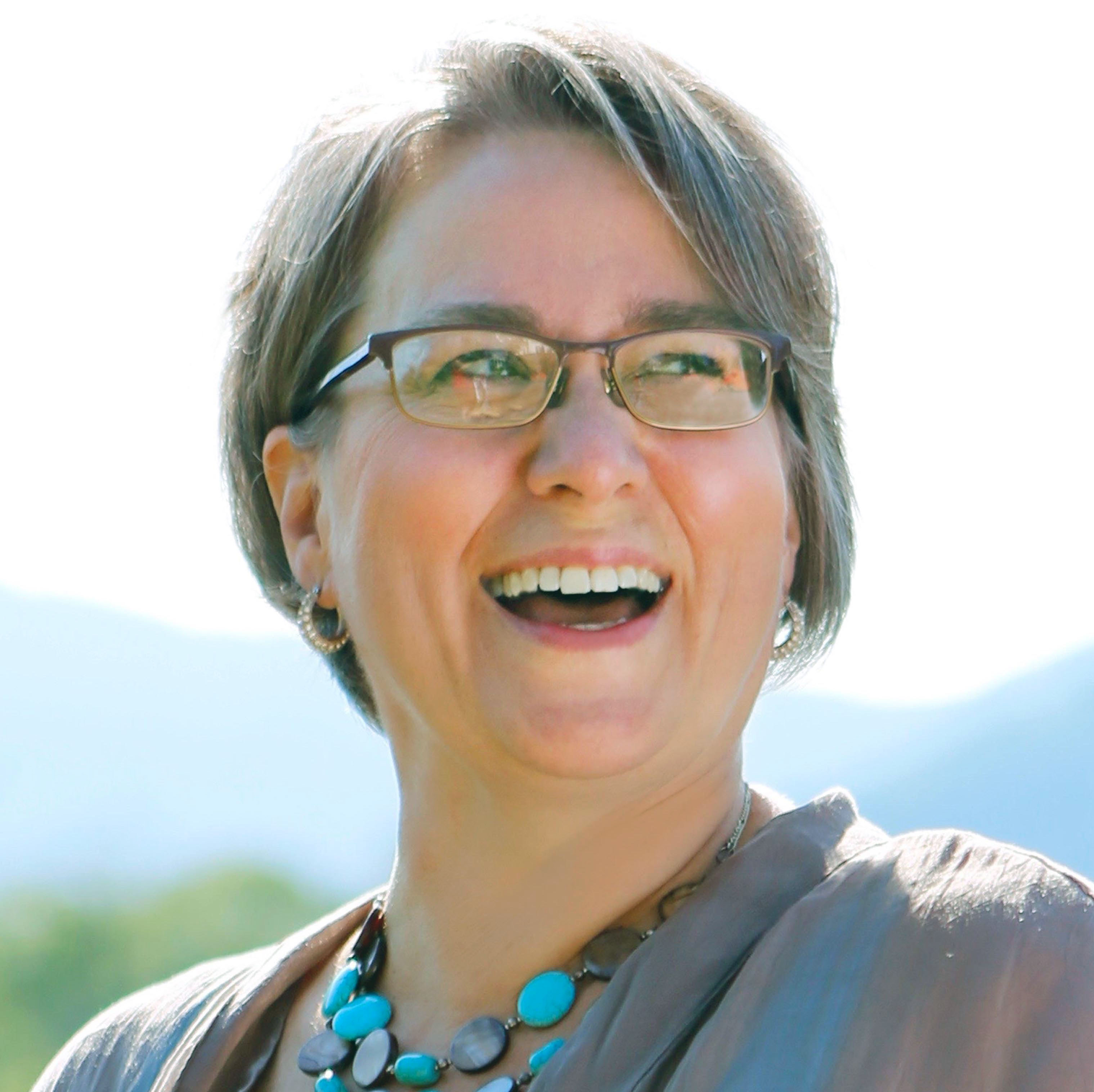 Anne Manner-McLarty is lead strategist for the donor recognition firm Heurista and managing editor of the Journal of Donor Relations and Stewardship. Anne founded Heurista in 2011 to address the growing complexities of donor relations and stewardship. She and her team work with nonprofits to develop authentic, sustainable programs that help realize nonprofit missions by engaging and motivating donors. Anne has been an active ADRP member since 2005 and is a frequent conference presenter and sponsor.
Anne Manner-McLarty is lead strategist for the donor recognition firm Heurista and managing editor of the Journal of Donor Relations and Stewardship. Anne founded Heurista in 2011 to address the growing complexities of donor relations and stewardship. She and her team work with nonprofits to develop authentic, sustainable programs that help realize nonprofit missions by engaging and motivating donors. Anne has been an active ADRP member since 2005 and is a frequent conference presenter and sponsor.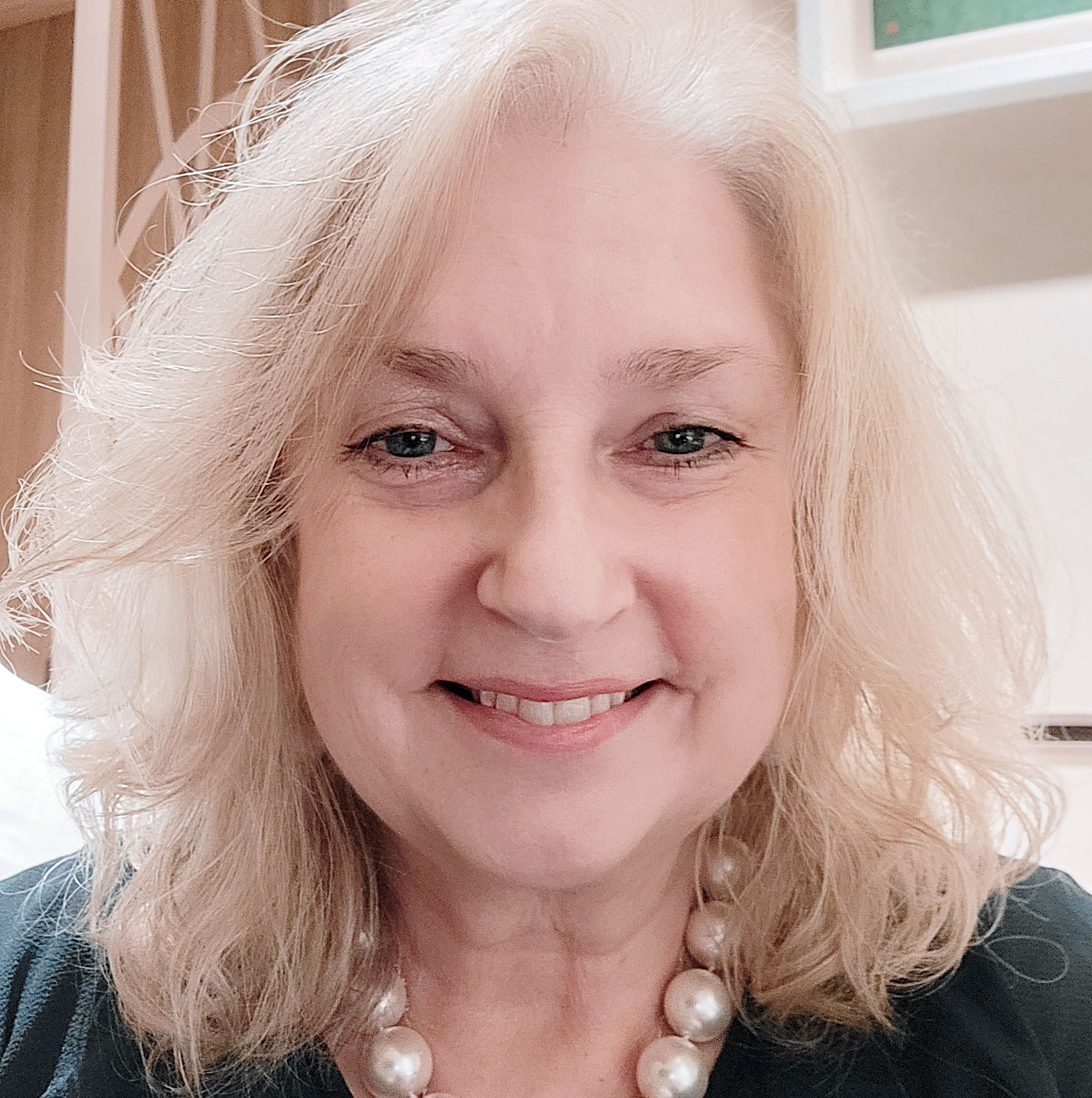 With more than 25 years of experience in frontline fundraising, stewardship, and donor relations, Roberta O'Hara served as associate vice president for alumni engagement, associate vice president of donor relations, and senior director of donor relations at Rutgers University Foundation. Roberta was also a senior member of the stewardship team for Princeton University. Her many volunteer roles include ADRP’s inaugural treasurer and chair of AASP’s donor relations best practices committee, and chair of ADRP’s 2015 conference and 2019 Gather@ conference. For her service, she received the Founders Award in 2019. Roberta has spoken for CASE, ADRP, AASP, Academic Impressions, and is published in the US and UK.
With more than 25 years of experience in frontline fundraising, stewardship, and donor relations, Roberta O'Hara served as associate vice president for alumni engagement, associate vice president of donor relations, and senior director of donor relations at Rutgers University Foundation. Roberta was also a senior member of the stewardship team for Princeton University. Her many volunteer roles include ADRP’s inaugural treasurer and chair of AASP’s donor relations best practices committee, and chair of ADRP’s 2015 conference and 2019 Gather@ conference. For her service, she received the Founders Award in 2019. Roberta has spoken for CASE, ADRP, AASP, Academic Impressions, and is published in the US and UK.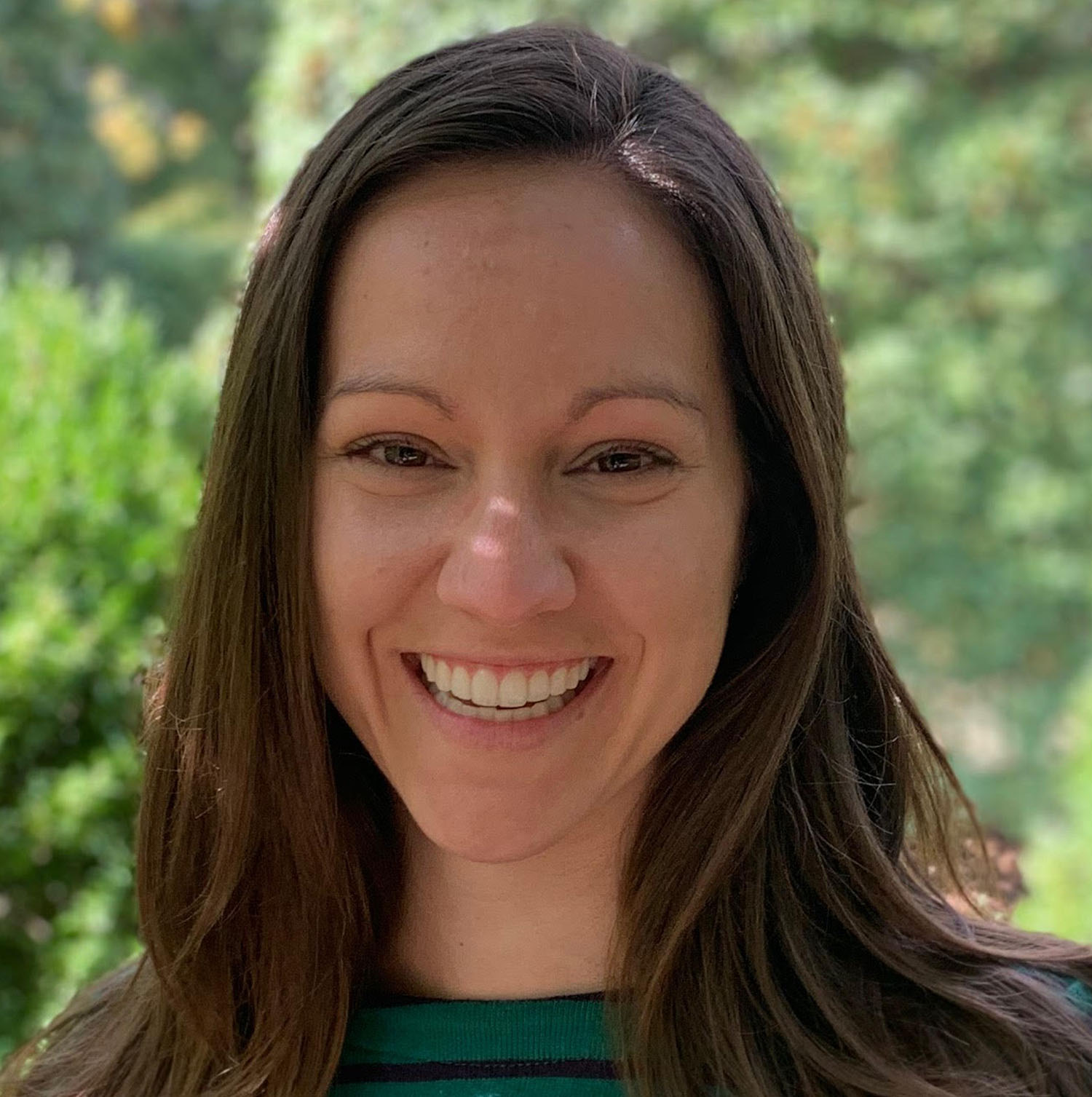 Pennsylvania-born, Massachusetts-educated, and Connecticut resident for the past ten years, Rachel Griffin brings her experience in annual giving, arts nonprofits, and public policy to her role at the UConn Foundation coordinating scholarship stewardship and acknowledgments. She strives to amplify student voices and encourage her colleagues, infusing the work with a donor-centric mentality and viewing it all through an equitable and inclusive lens. These days, Rachel is most often found dancing with her two young daughters and husband to the Bluey or Encanto soundtracks.
Pennsylvania-born, Massachusetts-educated, and Connecticut resident for the past ten years, Rachel Griffin brings her experience in annual giving, arts nonprofits, and public policy to her role at the UConn Foundation coordinating scholarship stewardship and acknowledgments. She strives to amplify student voices and encourage her colleagues, infusing the work with a donor-centric mentality and viewing it all through an equitable and inclusive lens. These days, Rachel is most often found dancing with her two young daughters and husband to the Bluey or Encanto soundtracks.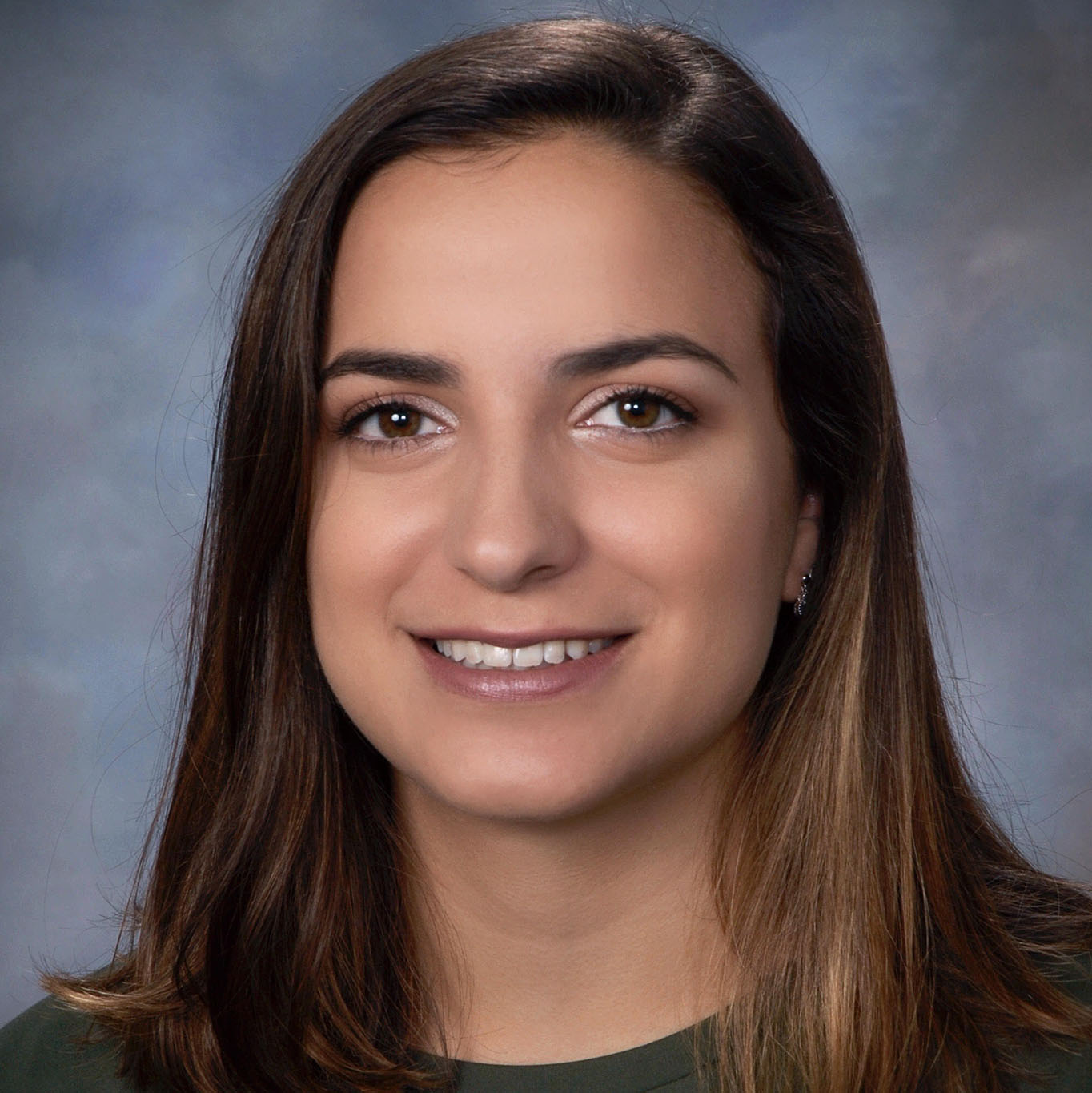 Julianne Tarrant started her development career as an undergraduate student at Rowan University working with the Office of University Advancement. She continued to work in the nonprofit space immediately after graduating. In 2022, Julianne joined Hackensack Meridian Health Foundation where she began her career in donor relations. She has found great joy in working on various stewardship initiatives for donors to the organization. Julianne has a bachelor’s degree in history from Rowan University and is pursuing her master’s in business administration from the University of Arizona Global Campus.
Julianne Tarrant started her development career as an undergraduate student at Rowan University working with the Office of University Advancement. She continued to work in the nonprofit space immediately after graduating. In 2022, Julianne joined Hackensack Meridian Health Foundation where she began her career in donor relations. She has found great joy in working on various stewardship initiatives for donors to the organization. Julianne has a bachelor’s degree in history from Rowan University and is pursuing her master’s in business administration from the University of Arizona Global Campus. 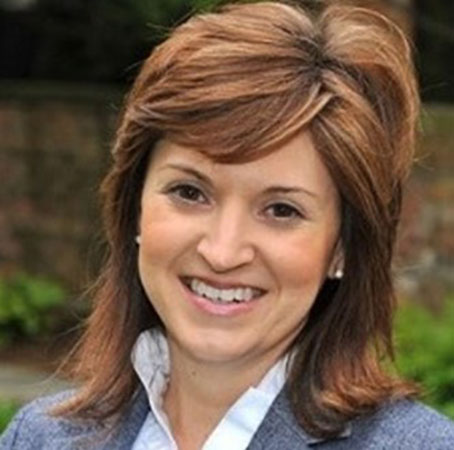 Kelly Brennan is an energetic, compassionate, and strategic professional who has been working, teaching, and speaking on philanthropy and leadership topics for more than 20 years. Her expertise is rooted in relationship management and creating donor-centric organizations. Kelly brings a broad perspective, working at organizations of all sizes and tenures across the industry. A longtime volunteer with ADRP, she has presented at regional and international conferences.
Kelly Brennan is an energetic, compassionate, and strategic professional who has been working, teaching, and speaking on philanthropy and leadership topics for more than 20 years. Her expertise is rooted in relationship management and creating donor-centric organizations. Kelly brings a broad perspective, working at organizations of all sizes and tenures across the industry. A longtime volunteer with ADRP, she has presented at regional and international conferences.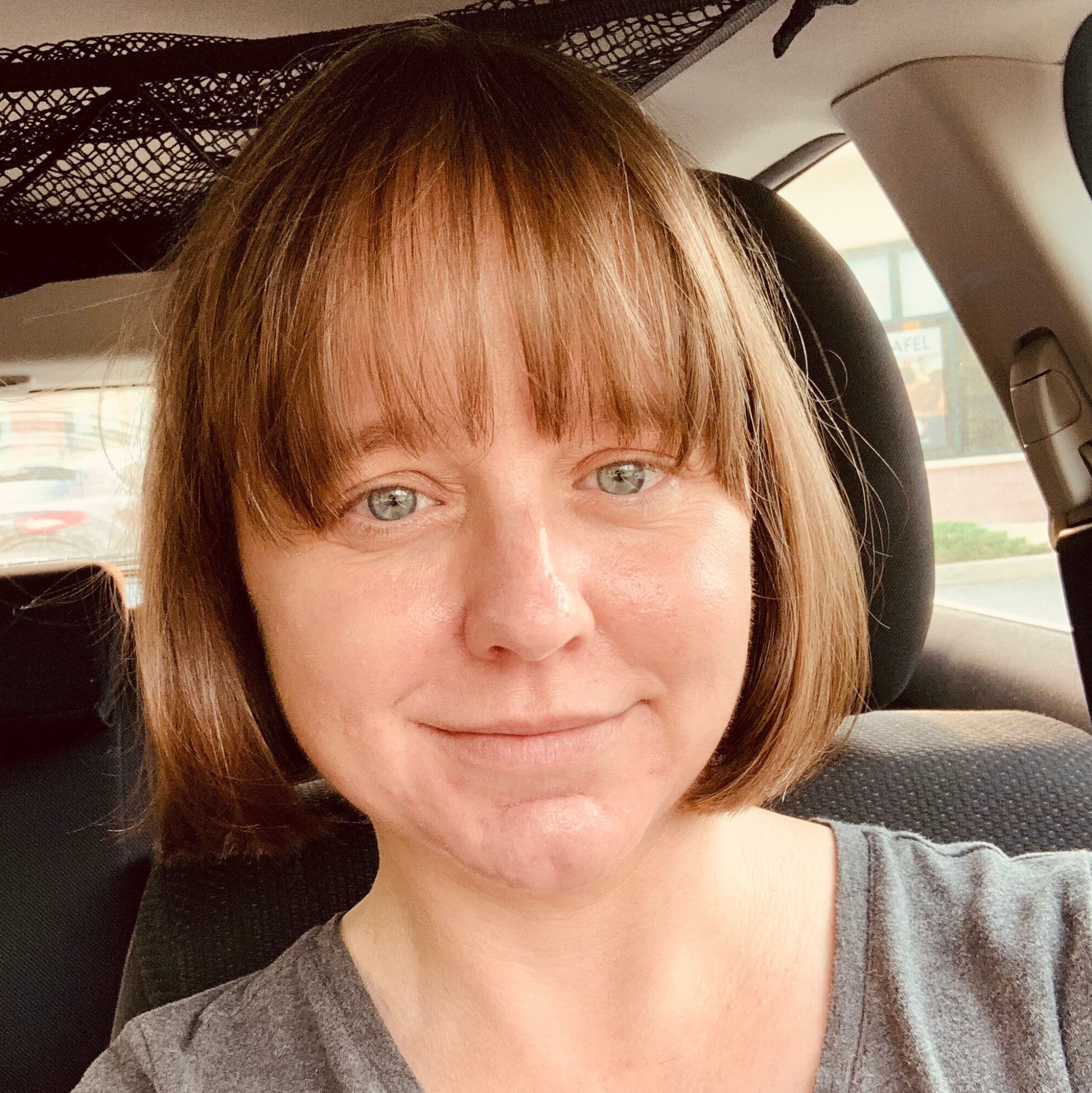 Cheryl Lintner started her development career in 2008 in a small non-profit based within a healthcare institution. In 2010, she moved to donor relations in higher education at Rutgers University, then in 2013, returned to healthcare to develop the first comprehensive donor relations program for three hospital foundations within the RWJ Barnabas Health system. Cheryl currently leads the donor relations team responsible for 17 hospitals and network entities under the Hackensack Meridian Health Foundation, where she has worked to grow a donor relations program that includes multiple, recurring touches for all donors and an emphasis on major donor stewardship. Prior to entering the non-profit sector, Cheryl worked in the legal field and in academia. She holds a Bachelor of Arts in Anthropology and History from the University of Delaware and a doctorate in Anthropology/Archaeology from the University of California, Berkeley.
Cheryl Lintner started her development career in 2008 in a small non-profit based within a healthcare institution. In 2010, she moved to donor relations in higher education at Rutgers University, then in 2013, returned to healthcare to develop the first comprehensive donor relations program for three hospital foundations within the RWJ Barnabas Health system. Cheryl currently leads the donor relations team responsible for 17 hospitals and network entities under the Hackensack Meridian Health Foundation, where she has worked to grow a donor relations program that includes multiple, recurring touches for all donors and an emphasis on major donor stewardship. Prior to entering the non-profit sector, Cheryl worked in the legal field and in academia. She holds a Bachelor of Arts in Anthropology and History from the University of Delaware and a doctorate in Anthropology/Archaeology from the University of California, Berkeley.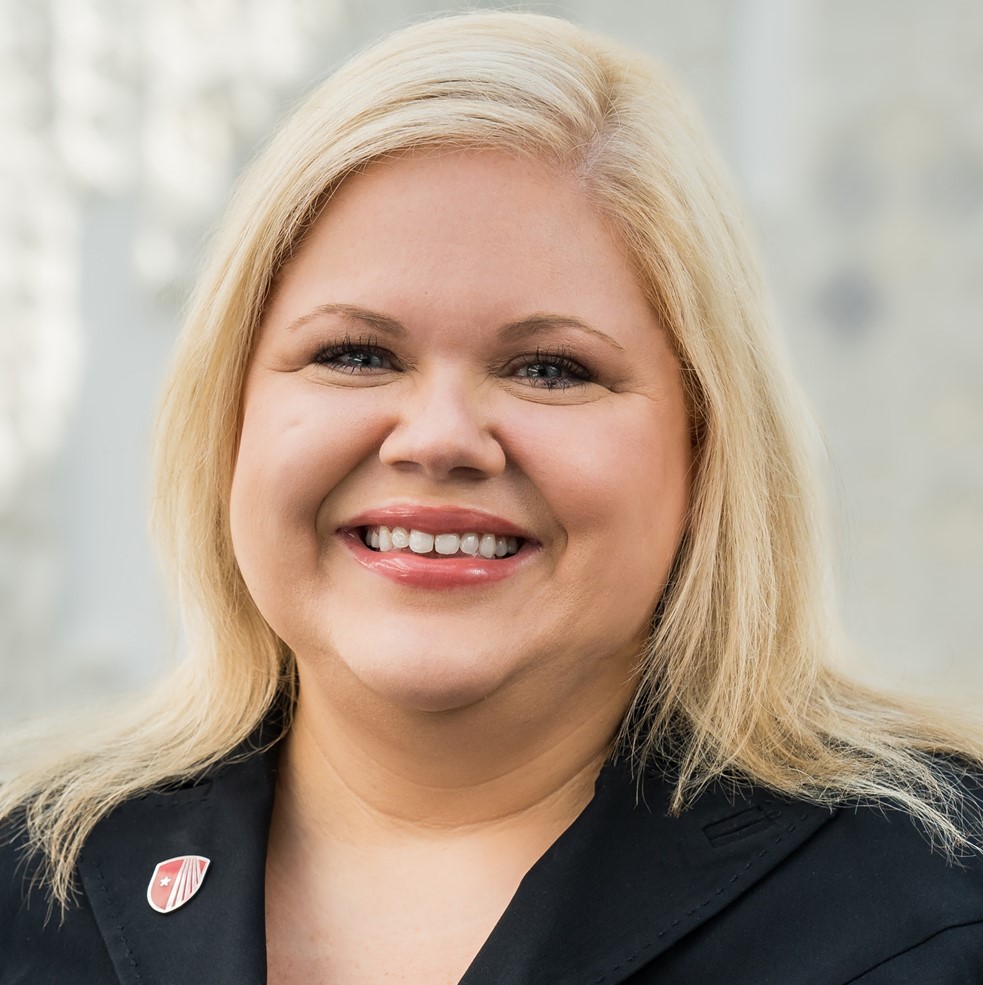 Anne Schmitz leads Stony Brook’s centralized donor team, recently formed to unite alumni relations, advancement events, annual giving, and donor experience teams within advancement. With nearly 20 years in development, Anne brings expertise in fundraising and engagement strategies, taking a systematic approach to long-term planning and program management. Anne believes every interaction with a constituent should be meaningful and memorable, and is passionate about creating authentic relationships with donors to strengthen their affinity, commitment, and loyalty. She has held positions at the LSU Foundation, DePaul University, and After School Matters, and has a bachelor’s degree in psychology and a master’s in public service management from DePaul University.
Anne Schmitz leads Stony Brook’s centralized donor team, recently formed to unite alumni relations, advancement events, annual giving, and donor experience teams within advancement. With nearly 20 years in development, Anne brings expertise in fundraising and engagement strategies, taking a systematic approach to long-term planning and program management. Anne believes every interaction with a constituent should be meaningful and memorable, and is passionate about creating authentic relationships with donors to strengthen their affinity, commitment, and loyalty. She has held positions at the LSU Foundation, DePaul University, and After School Matters, and has a bachelor’s degree in psychology and a master’s in public service management from DePaul University.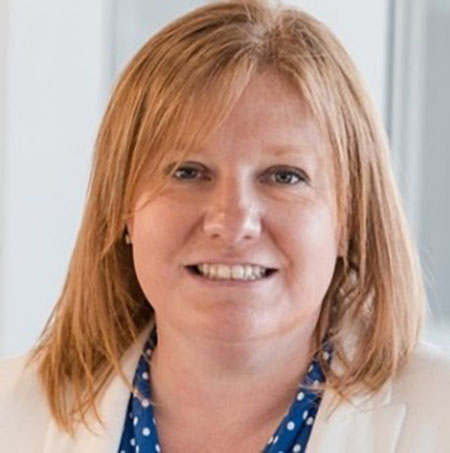 Having proudly worked at Seton Hall University for 16 years, Cheryl McCloskey held roles in housing and human resources before joining donor relations in 2019. She also worked in professional sports. Cheryl brings her passion for leveraging technology and knowledge of all things Excel and mail merge to streamline stewardship practices to make room for more creative projects. She has a master's in strategic communication from Seton Hall University and a master's in secondary education from Sacred Heart University. Living with her, her husband Ryan, and daughter Skyler in Basking Ridge, NJ is her Glen of Imaal Terrier, Lucky McLovin'.
Having proudly worked at Seton Hall University for 16 years, Cheryl McCloskey held roles in housing and human resources before joining donor relations in 2019. She also worked in professional sports. Cheryl brings her passion for leveraging technology and knowledge of all things Excel and mail merge to streamline stewardship practices to make room for more creative projects. She has a master's in strategic communication from Seton Hall University and a master's in secondary education from Sacred Heart University. Living with her, her husband Ryan, and daughter Skyler in Basking Ridge, NJ is her Glen of Imaal Terrier, Lucky McLovin'.